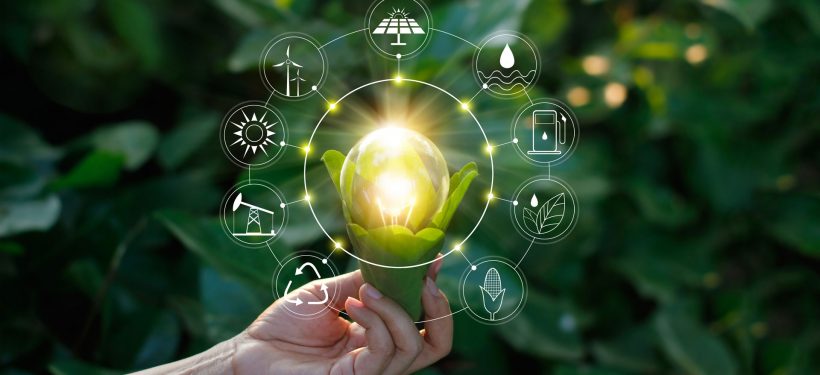This international initiative has been launched by the Future Earth Knowledge-Action Network on Systems of Sustainable Consumption and Production, and consists of 10 Working Groups focusing on how the COVID-19 can contribute to sustainability transitions. Working Groups are organized around global governance, new lifestyle practices, social solidarity and the care economy, impacts on the global south, transdisciplinary research, and other topics.
Resources / COVID-19 Resources / Working Groups / Research Networks, Methods, and Ethics / COVID-19 as a Catalyst for Sustainability Transitions
COVID-19 as a Catalyst for Sustainability Transitions

Working Group Lead
Maurie Cohen, New Jersey Institute of Technology
Email: mcohen@njit.edu
Working Group Members
Paul Dewick, Manchester Metropolitan University
Ria Lambino, Regional Centre for Future Earth in Asia
Sylvia Lorek, Sustainable Europe Research Institute
Steven McGreevy, Research Institute for Humanity and Nature
Joseph Sarkis, Worcester Polytechnic Institute
Patrick Schroeder, Chatham House
Working Group Resources
Narratives and Communication Strategies Beyond the Pandemic
COVID-19 Can Help Wealthier Nations Prepare for a Sustainability Transition
Does the COVID-19 Outbreak Mark the Onset of a Sustainable Consumption Transition?
In the Wake of COVID-19, Is Glocalization our Sustainability Future?
A Brave New World: Lessons from the COVID-19 Pandemic for Transition to Sustainable Supply and Production

